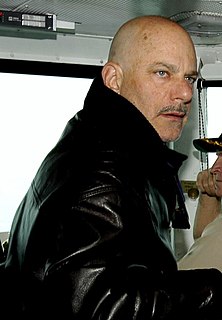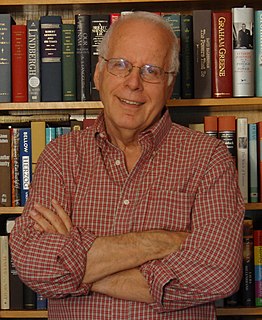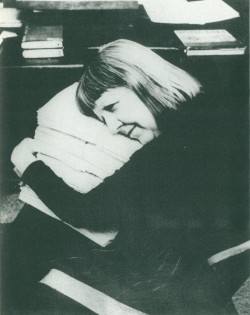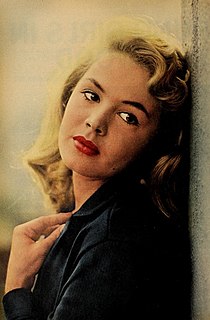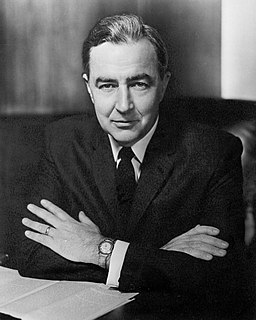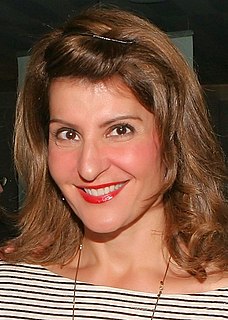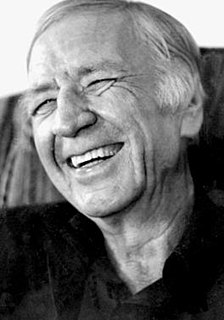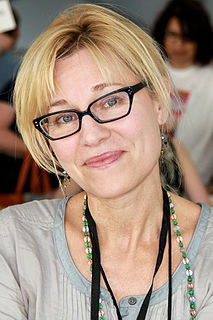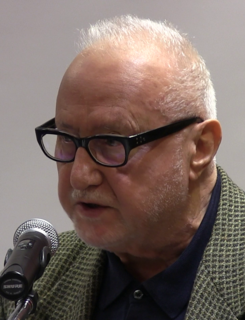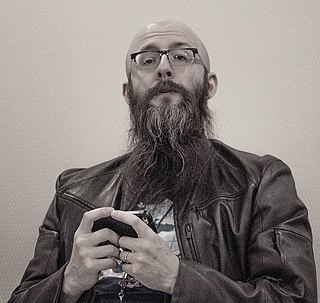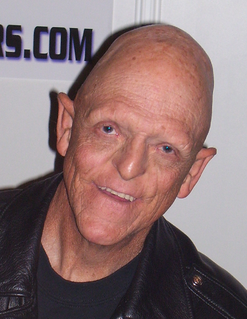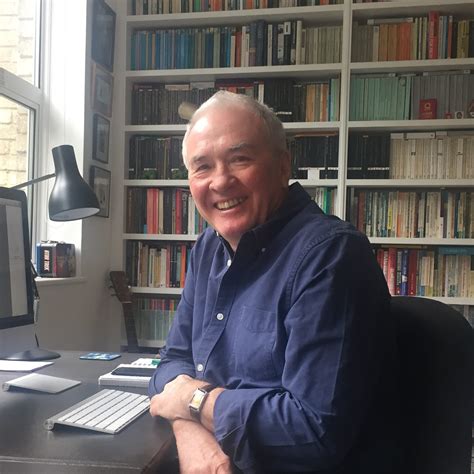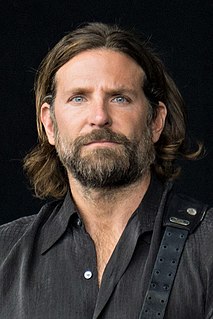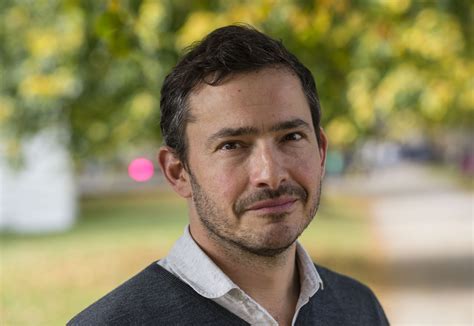Top 119 Reviewers Quotes & Sayings - Page 2
Explore popular Reviewers quotes.
Last updated on December 20, 2024.
Reviewers try to square the antics of a writer's life with the antics in the fiction. Even satirical verbal play is too often read and admired as autobiographical expression. And thanks to the democratic exposures of the web, it's easier than ever to document private experiences and divulge the most intimate secrets.
There is danger in the concentration of control in the television and radio networks, especially in the large television and radio stations; danger in the concentration of ownership in the press...and danger in the increasing concentration of selection by book publishers and reviewers and by the producers of radio and television programs.
Because, as we know, almost anything can be read into any book if you are determined enough. This will be especially impressed on anyone who has written fantastic fiction. He will find reviewers, both favourable and hostile, reading into his stories all manner of allegorical meanings which he never intended. (Some of the allegories thus imposed on my own books have been so ingenious and interesting that I often wish I had thought of them myself.)
In lots of books I read, the writer seems to go haywire every time he reaches a high point. He’ll start leaving out punctuation and running his words together and babble about stars flashing and sinking into a deep dreamless sea. And you can’t figure out whether the hero’s laying his girl or a cornerstone. I guess that kind of crap is supposed to be pretty deep stuff—a lot of the book reviewers eat it up, I notice. But the way I see it is, the writer is just too goddam lazy to do his job. And I’m not lazy, whatever else I am. I’ll tell you everything.
I come from a nation where fantastic fiction has a very low status, unless it fits into some very specific categories or is written by already established authors. I don't by any means try to hide what I write, but the way people think in categories here is pretty extreme: it blots out discussing the actual work on its own terms. That's made me loath to talk about my own work in terms of genre, because once you get a label, it sticks and poof go a slew of potential readers and reviewers because eww, fantasy cooties.
If most of the reviewers are white cis men, if most of the distributors are white cis men, most of the executives in history have been white cis men. Most of the people who have been giving awards to people are people who've already been in the business - retired white cis men. They've been creating a body of narrative forever.
I have no trouble publishing in Soviet astrophysical journals, but my work is unacceptable to the American astrophysical journals.
[Referring to the trouble he had with the peer reviewers of Anglo-American astrophysical journals because his ideas often conflicted with the generally accepted or “standard"” theories.]
As for whether genre considerations influence what I write, they don't at all, but I might sell more books if they did. The Night Journal is a hodge-podge of historical fiction, western, mystery, and contemporary domestic drama. It doesn't settle into a specific market, reviewers have a hard time describing it, and sometimes it gets classified weirdly in bookstores. But from a writer's standpoint, I like that it's hard to categorize.
No man's thoughts are new, but the style of their expression is the never-failing novelty which cheers and refreshes men. If we were to answer the question, whether the mass of men, as we know them, talk as the standard authors and reviewers write, or rather as this man writes, we should say that he alone begins to write their language at all.
I like big books and I cannot lie. You other readers can’t deny That when a kid walks in with The Name of the Wind Like a hardbound brick of win. Story bling. Wanna swipe that thing Cause you see that boy is speeding Right through the book he’s reading. I’m hooked and I can’t stop pleading. Wanna curl up with that for ages, All thousand pages. Reviewers tried to warn me. But with that plot you hooked Me like Bradley. Ooh, crack that fat spine. You know I wanna make you mine. This book is stella ’cause it ain’t some quick novella.
I think it took a long time for me to realise that as much as I respect reviews and do engage with reviewers as a viewer of the theatre, television and film it's really unhelpful. Even if people make perceptive and interesting comments about your performance, it is so subjective and you will come in and change what you do, you can't help it.
We've learned over the years that if we wanted we could write anything that just felt good or sounded good and it didn't necessarily have to have any particular meaning to us. As odd as it seemed to us, reviewers would take it upon themselves to interject their own meanings on our lyrics. Sometimes we sit and read other people's interpretations of our lyrics and think, 'Hey, that's pretty good.' If we liked it, we would keep our mouths shut and just accept the credit as if it was what we meant all along.
I think testing films are a great tool. And I think showing them to people that you value their opinion is important, but once you give over to what reviewers think, that's tricky. You don't know what their agenda is; it's so subjective. You have got to make sure you are asking someone's opinion who you know.
I didn't expect the book to sell in the first place. I was hoping for a quick and merciful death at the hands of reviewers but at the same time I sort of hoped that maybe someone would like it enough to give me encouragement. Public encouragement. I hoped for a little, as I said, but I got rather a whole lot, and in some ways this was just about as frightening as the quick, merciful death I'd expected.
What's happening to movie critics is no different from what has been meted out to book, dance, theater, and fine-arts reviewers and reporters in the cultural deforestation that has driven refugees into the diffuse clatter of the Internet and Twitter, where some adapt and thrive - such as Roger Ebert - while others disappear without a twinkle.
At the evident risk of seeming ridiculous, I want to begin by saying that I have tried for much of my life to write as if I was composing my sentences to be read posthumously. I hope this isn't too melodramatic or self-centred a way of saying that I attempt to write as if I did not care what reviewers said, what peers thought, or what prevailing opinions may be.
And it does no harm to repeat, as often as you can, 'Without me the literary industry would not exist: the publishers, the agents, the sub-agents, the sub-sub-agents, the accountants, the libel lawyers, the departments of literature, the professors, the theses, the books of criticism, the reviewers, the book pages- all this vast and proliferating edifice is because of this small, patronized, put-down and underpaid person.'
A writer writes a book. People read it. You don't know what they're reading, really. You read a review and think, "That is so inaccurate. You can't have been reading my book with any kind of attention, because that is all wrong, that's even the wrong name you're including there." But these reviewers have been diminished in importance, the work is so little respected. If you're reviewed by a real critic, by James Wood or Louis Menand, then you get something that is informed, interesting, and highly articulate. But the average review doesn't have that kind of depth anymore.
I think my style changes somewhat. The themes I am interested in exploring are mostly the same, but I tackle them differently. My Younguncle books are at the surface comic adventures of the eccentric title character but they are also serious beneath the fun and frolic. And I use Big Words, like "ambrosial," which bothers some children's book reviewers. The children's short stories you mention are mostly quite serious.

